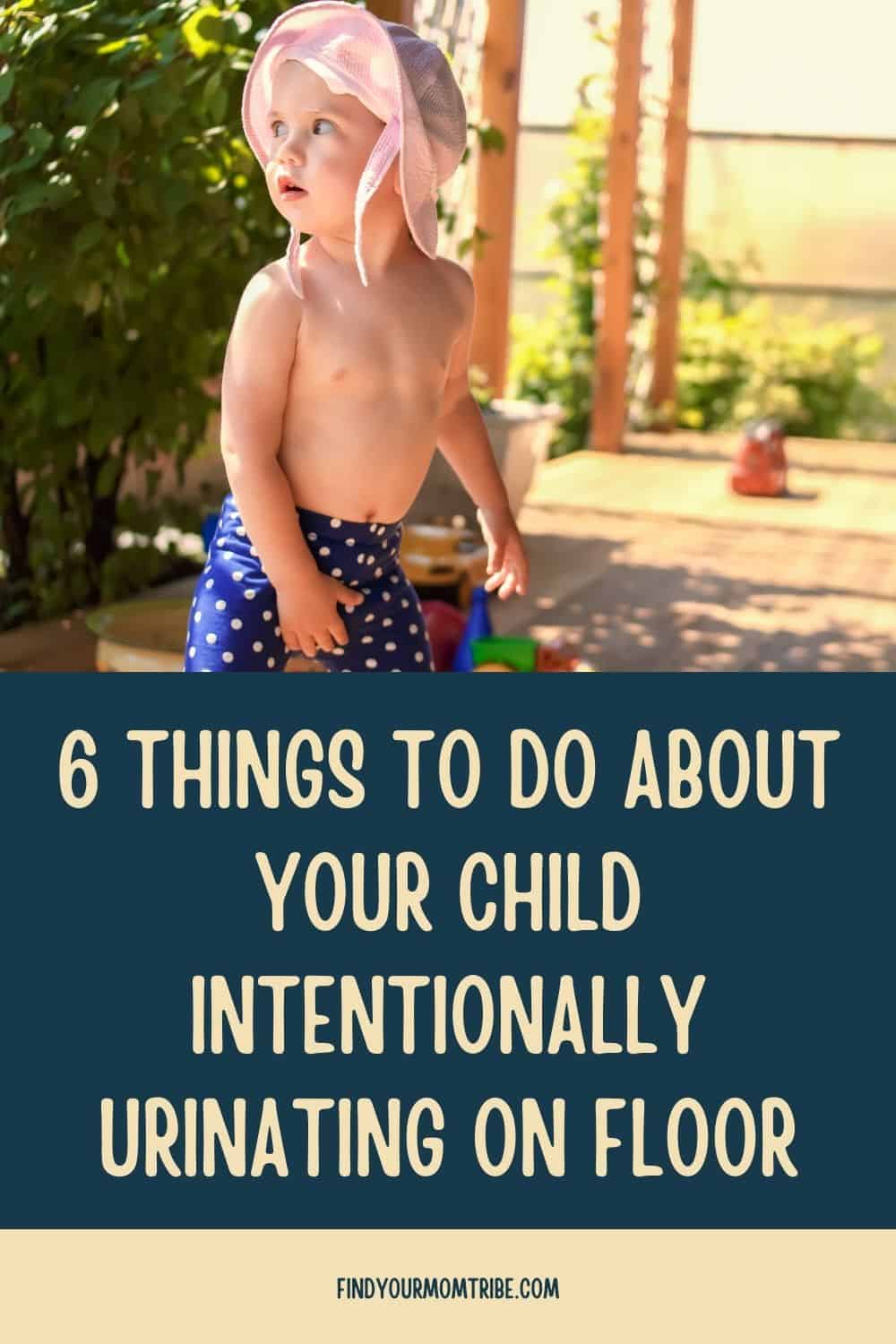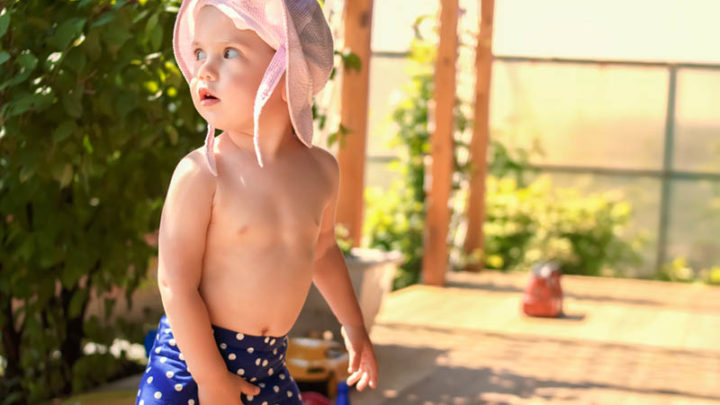A child intentionally urinating on the floor is a perplexing behavior that may seem unimaginable until you find yourself facing it firsthand. While it might appear uncommon, this issue is more prevalent than you might think, with a range of underlying factors contributing to its occurrence.
Understanding why your child engages in this behavior requires delving into both physical and psychological realms. At its core, intentional urination on the floor often stems from a cry for attention or a desire for retaliation. Children may resort to this act as a means of expressing frustration or asserting their autonomy in response to perceived injustices or conflicts.
Moreover, trauma can serve as a potent trigger for such behaviors, even in children who have successfully completed daytime and nighttime potty training. Instances of peeing on the floor may emerge as a manifestation of unresolved emotional distress or anxiety, signaling a need for support and intervention.
In some cases, children may exhibit creative forms of defiance, opting to urinate in unconventional places like shoes or drawers during episodes of temper tantrums. This behavior underscores the complex interplay between emotions and actions in young children, highlighting the importance of addressing underlying issues with sensitivity and empathy.
While immediate punishment may seem like a natural response to such behavior, it’s essential to recognize that this issue often transcends mere defiance or attention-seeking. Instead, it necessitates a nuanced approach that seeks to uncover the root causes and provide appropriate support and guidance.
Why would a child intentionally urinate on the floor?
In the following discussion, we’ll explore the potential triggers and underlying issues behind intentional urination on the floor, as well as strategies for addressing and preventing this behavior effectively.
1. They’re seeking attention
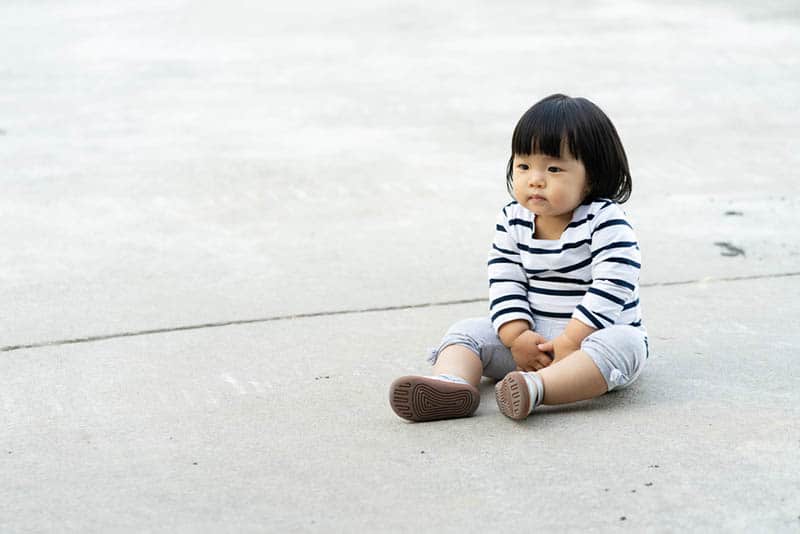
The #1 most common cause of your child peeing or pooping directly on the floor tends to be a desire to get noticed.
Young children grow up showered with unconditional parental love wherever they go.
They get used to all this love and affection, especially when they are still babies.
This is often why they tend to throw tantrums more than usual once they grow up a bit, and start receiving less attention.
Normally, your child might cry at night, draw some crayon graffiti on your pristine walls, or be crankier than usual.
However, coddling at an early age can spoil kids quite a bit, making them believe they are entitled to everything they ask for, which is where these extremes start to appear.
Some might try hitting themselves to get their way, but others decide to let their bodily fluids do the talking by making a mess of the house on purpose!
What triggers these reactions? Well, as well as them getting less of your attention than they were previously accustomed to, there are some kids who’ll blow a fuse when you start denying them the things they want.
No candy after dinner, strict bedtimes, no tablet or games console because they were naughty at daycare, etc.
Your child might also pee on the floor as a way to get attention after a new sibling arrives in the family and you haven’t prepped your 2+ year-old boy or girl for the occasion.
If your attention is now split between two kids, your older son or daughter could see it as a power struggle they must win, even going to extremes like intentionally urinating on the floor.
How to fix it?
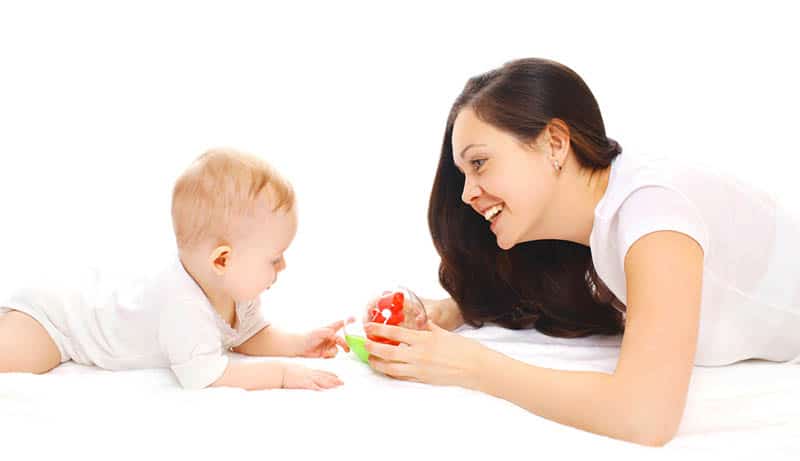
Before learning how to remedy the situation, we must first recognize attention-seeking behavior in the first place.
It might be obvious to some parents, but I’m certain there are others out there who have normalized it to an extent.
This kind of behavior includes:
- Causing problems in daycare/class
- Very loud and emotional outbursts and temper tantrums in general
- Baiting pity by talking badly about themselves
- Constantly pointing out everything good they’ve done on a specific day
While most of these behaviors can be seen as cute and innocent, the chances are that, if these signs are left unchecked, your child might start resorting to the poo and pee extremes.
In order to prevent this type of behavior from happening in the first place, you’ll need to nip it in the bud before it escalates to you having to clean up pee and poop-stained floors. This is done by increasing the level of attention given to the child who so desperately wants it, but not just when peeing incidents happen. You should spend quality time with your child doing fun activities, like reading, playing outside, and going for a walk, etc. Be fully present and engage with your child whenever you’re together.
This should address the root cause of the behavior.
When an incident does happen, you should act as calmly as possible because a child who is peeing on the floor as a way to get attention is counting on an angry reaction from you.
For instance, if it ever comes down to a yellow, or even brown alert, which keeps ending up on the floor or on the carpet, simply clean it up and go about the rest of your day as if it didn’t happen, don’t throw a fit or give in to the kid’s demands. Alternatively, you can give your child a towel and let them clean up the mess, which is a great way to teach them that actions have consequences.
Other parents decide to address the problem as if it’s a potty training issue, and they tell their child that they need to go back to wearing diapers because they clearly can’t make it to the bathroom. Most kids over the age of 3 don’t like being in diapers, especially after they’ve been potty trained, so this method is pretty effective.
Tip: Examine whether there have been any big disruptions to your home life
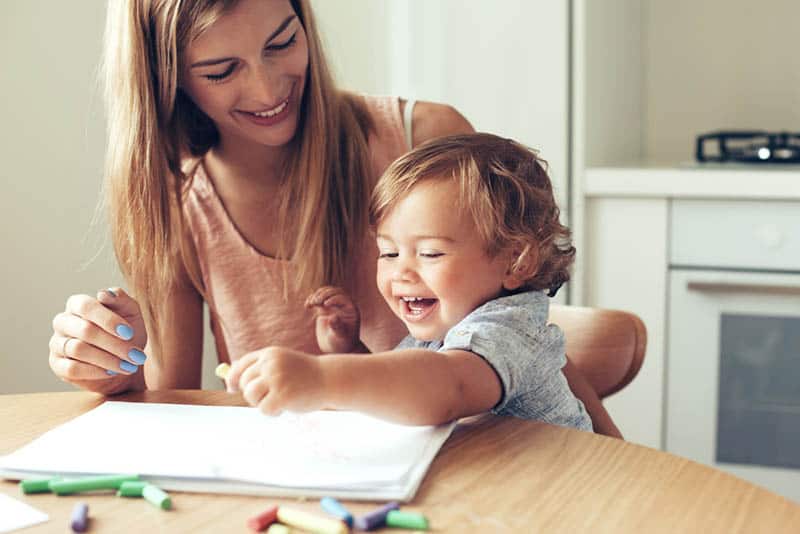
As adults, we might not realize that certain changes normal for us can be a very big deal for our little ones. Kids thrive on stability, and when they feel like it’s gone they might act out in extreme ways. Maybe you’ve been working extra hours and coming home exhausted, so you don’t have the time or energy to devote to your little one fully.
It’s worth looking closely at exactly how many hours you have free, and how much of that time ends up being spent giving undivided attention to your little one. If it ends up being a lot lower than you expected, try sitting down one day to see if you can reorganize your weekly timetable so you can squeeze in some extra time to keep your kiddo happy.
On the other hand, if a new baby is the problem, you’ll need to spend more 1-on-1 time with the older child. It’s best to preempt this and talk to them about how things are likely to change once their baby brother or baby sister comes home. Explain to your child about what it means to be a big brother or sister, and how the new baby will need their love and affection. Most kids take it well when this talk is done, and many even end up becoming mommy’s helpers, assisting with whatever they can.
However, if the new baby comes as a surprise, you’ll still have to have the talk, but it might be a lot harder for them to process this, so you may experience some bumps in the road until your child fully accepts their new sibling.
2. An underlying medical condition
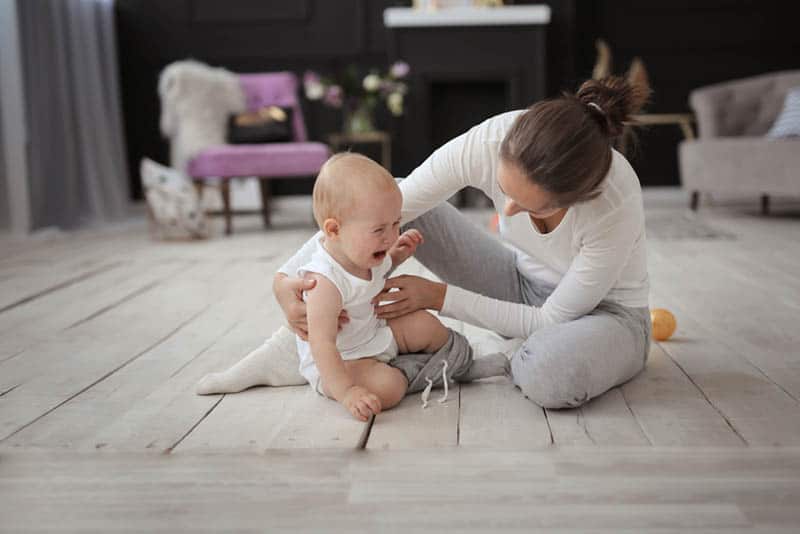
Sometimes the issue is something completely out of the child’s control, and not just a temper tantrum. It could turn out to be some sort of infection of the bladder or urinary tract preventing them from making it to the bathroom in time.
The other likely culprit could be an over/underdeveloped bladder, which can lead to a mishap happening before the child can reach their potty. Even something as simple as a long bout of constipation can lead to a level of regression in your kiddo’s toilet training which occasionally leads to a mess on the floor.
How to fix it?
If you suspect any of these issues to be the case, be sure to schedule an appointment with your local pediatric office and have your child’s pediatrician give them a checkup for any urinary tract infections (UTIs) and similar issues. This way, you can address the issue head-on without having to deal with all the extra clean-up duty.
3. Your child is feeling stressed
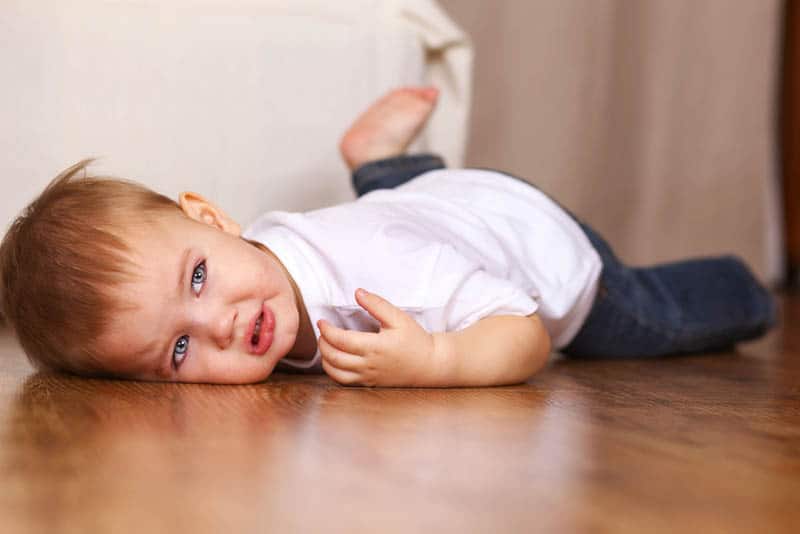
Even children aren’t exempt from the dreaded plague of the 21st century, stress, which is why it’s so important to pay attention to your child’s mental health and teach them how to talk about their emotions. Stress can be triggered by sudden changes in their routine they have no control over or outside pressure.
Some of the most common causes of stress in children include:
- Getting a new sibling
- Introducing a new pet to the household
- Being bullied
- Having problems keeping up at school
- Moving house
- Changing schools
- Being assigned a new teacher
How to fix it?
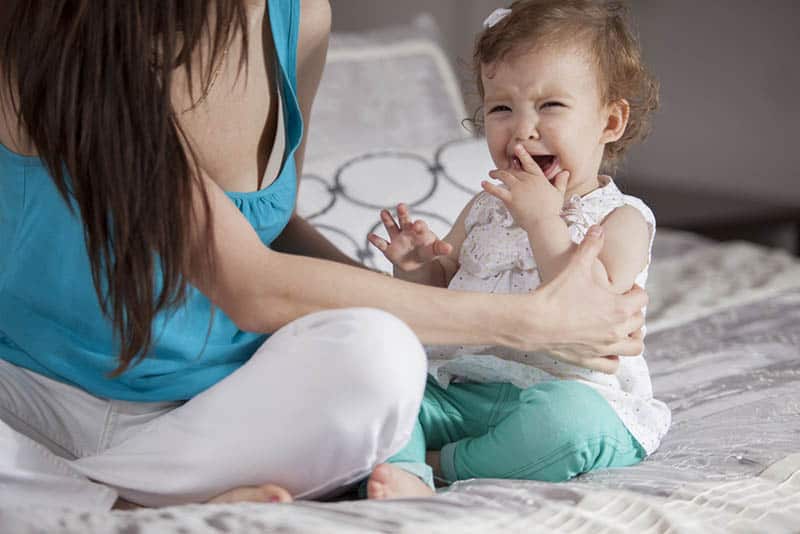
When it comes to stress, there’s no magical medicine you can simply give to your child to fix everything. The best way to deal with stress-related problems is by trying to eliminate the source of your child’s stress from their life, or at least minimize it as much as possible.
When dealing with bullies, be sure to notify the school about the issue. As far as schoolwork is concerned, make some time to help your kiddo out with homework or hire a tutor for some 1-on-1 help. The key is to make sure your child feels comfortable communicating with you and talking about their problems.
If they feel safe with you, they’ll be less likely to stay silent about any stress they’re experiencing.
4. Mental health issues
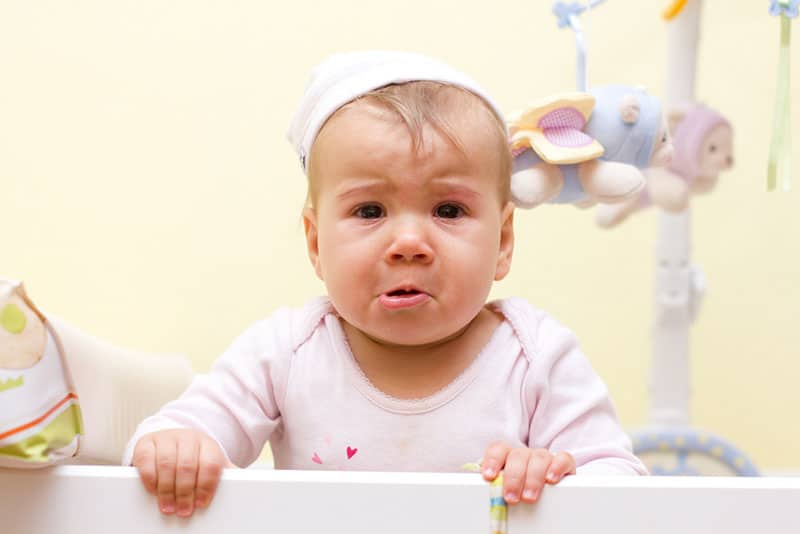
While no parent wants to hear that their child has a mental health condition, you shouldn’t rule out this possibility before consulting with a doctor. Some of the most common mental health conditions are ADHD, ADD, anxiety, and autism.
The issue with your child intentionally urinating on floor, among several other behavioral problems, can also be caused by PTSD from a traumatic event.
How to fix it?
There’s nothing much you can do on your own here, mental health issues are best handled by professionals.
Schedule an appointment with a doctor who can help you determine the cause of your child’s behavioral problems, and hopefully give you some input about how best to treat their symptoms.
5. Your child is too focused on other things than go to the toilet
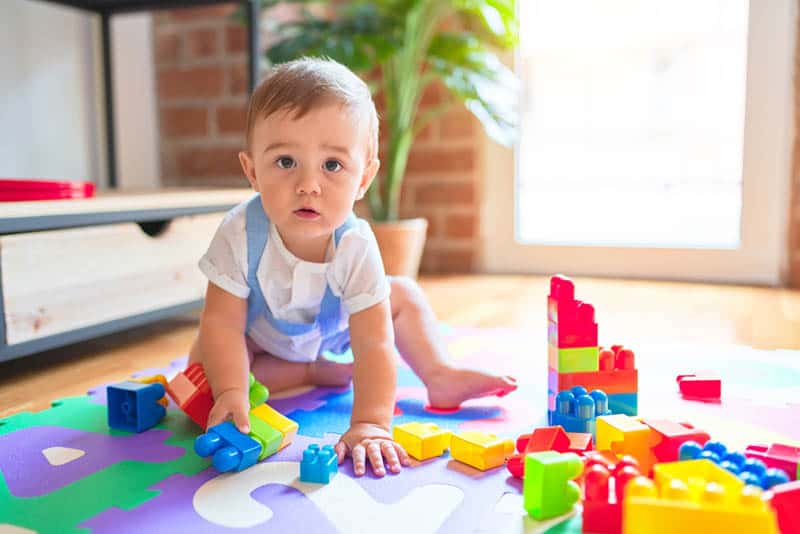
This one is a lot less serious compared to the previous causes but will still result in a serious mess on your floor or furniture if left unchecked.
Children are notorious for spending long periods of time playing with shiny new things that catch their attention. A good example of this is video games, something children of all ages love. Your child might completely check out while gaming, so much so that they even forgo going to the toilet. As you might guess, this leads to them doing their business on the floor beneath them. This is even true for kids who have got off the potty train some time ago.
How to fix it?
The best way to fix it is with parental controls. This means limiting video game time, or any other activity, to a reasonable amount before they have to take a mandatory break.
6. A small bladder
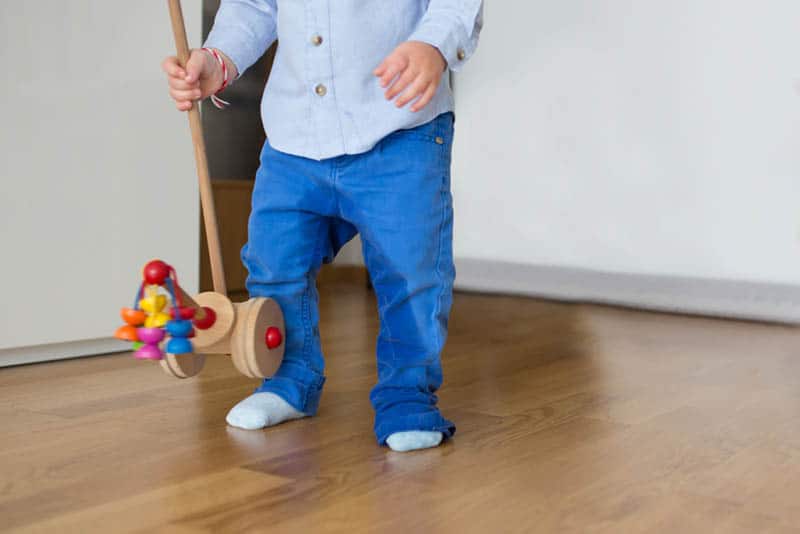
Finally, we have the cause no parent can ever avoid because it is simply the way kids are built. They have notoriously small bladders and have to use the bathroom a lot more often than adults with fully developed bladders do.
It’s the reason why bedwetting mostly happens to kids – proper bladder control can only help them hold it in for a short while until an eventual accident happens. It’s also not uncommon for a bad dream to cause a child to pee their bed or their pull-ups failing and leaking all over the place.
How to fix it?
This one is difficult to fix outside of doing something similar to the solution for #5. Try taking them to pee at regular intervals to minimize the risk of an accident, even if they say they don’t feel like they need to go. Making them sit on the potty for an extra minute or two will save you a lot of cleaning time.
How Are You Dealing With It?
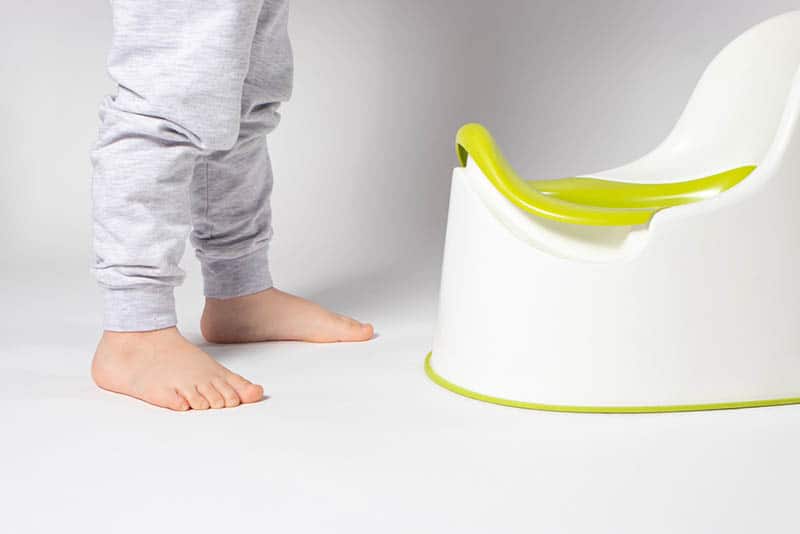
Dealing with a child intentionally urinating on the floor encompasses a spectrum of challenges, ranging from relatively straightforward issues that can be addressed at home to deeper-rooted concerns requiring professional intervention. Regardless of the complexity of the situation, it’s crucial to address the problem proactively and discern the underlying causes behind the behavior.
From seeking attention to grappling with underlying medical conditions or emotional stressors, the reasons behind a child’s intentional urination on the floor can be multifaceted. By identifying early warning signs and fostering open communication with your child, you can better understand their motivations and implement effective solutions.
When faced with an incident, resist the urge to resort to immediate punishment and instead engage in a constructive dialogue with your child to uncover the root cause of their behavior. Whether it’s providing additional attention and support or seeking medical assistance, addressing the issue with empathy and patience is key to finding a resolution.
I trust that this article has equipped you with valuable insights and strategies to navigate this challenging situation with confidence and compassion. Remember, you’re not alone in this journey, and with patience and understanding, you can guide your child towards healthier habits and behaviors.
Until next time, mammas!
Like this post? Please share or pin it for later. You can also stay in the loop and follow us on Facebook, Instagram or Pinterest.
